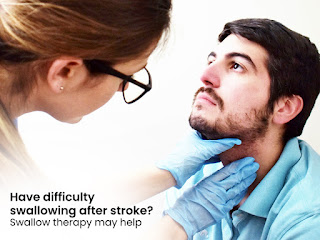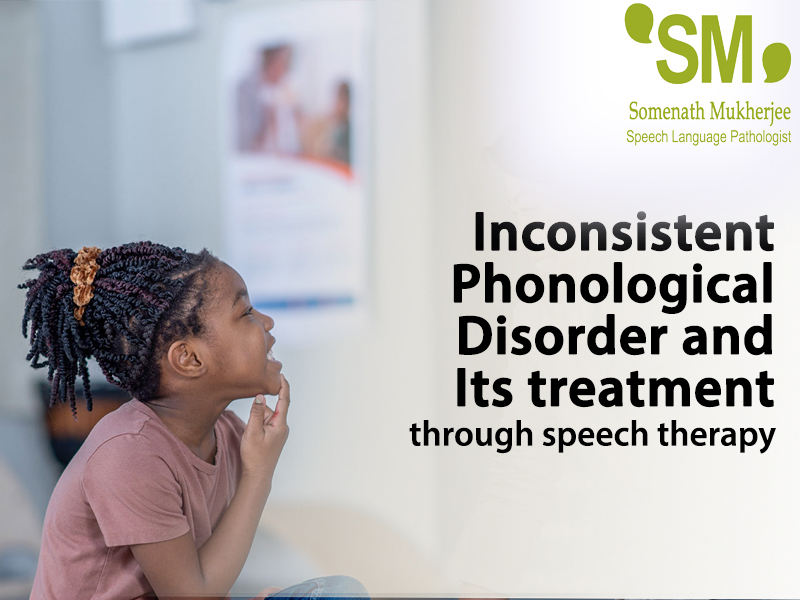Have difficulty swallowing after stroke? Swallow therapy may help
Swallowing difficulties also known as Dysphagia are common in stroke patients. However, swallow therapy may help to manage the condition, said a speech therapist.
Dysphagia occurs when a stroke damages the part of the brain that controls swallowing and affect the muscles involved in swallowing. As a result, stroke patients may experience problems such as coughing or choking while eating or drinking, food or liquid going down the wrong way or taking longer to chew or swallow. But the symptoms of Dysphagia can be managed with the help of swallow therapy by a speech therapist in Kolkata.
Causes and symptoms of Dysphagia
The exact cause of Dysphagia in stroke patients depends on the severity of the stroke. The best speech therapist in Kolkata highlighted some common factors that can contribute to Dysphagia in stroke patients.
Weakness or paralysis of the throat muscles: If the stroke affects the muscles in the throat, it can make it difficult to swallow.
Impaired sensation in the mouth or throat: If the stroke affects the sensory nerves in the mouth or throat, it can make it difficult to feel food or drink in the mouth, which can make swallowing difficult.
Dysphagia can cause a range of symptoms in stroke patients. Some common symptoms of Dysphagia in stroke patients include:
Coughing or choking during or after eating
Feeling as though food is stuck
Gurgling or wet-sounding voice during or after swallowing
Feeling like food is going into the nose
Unintentional weight loss or dehydration
Development of pneumonia or other respiratory infections
It's important for stroke patients to consult a speech-language pathologist, who can evaluate the patient's swallowing function and provide therapy to improve swallowing abilities.
How can swallow therapy treat Dysphagia?
Here are some ways that swallow therapy may help Dysphagia:
Strengthening exercises: Swallow therapy may include exercises to strengthen the muscles involved in swallowing, such as the tongue, throat and lips. These exercises may involve resistance training or range of motion exercises.
Swallow maneuvers: Swallow therapists may teach individuals specific swallowing maneuvers, such as the Supraglottic swallow which can help improve swallowing function.
Postural adjustments: Swallow therapy may involve adjusting the individual's posture during meals or doing head turns to improve swallowing function.
Conclusion
It's important for individuals with Dysphagia to receive appropriate treatment and care without delay.



Comments
Post a Comment